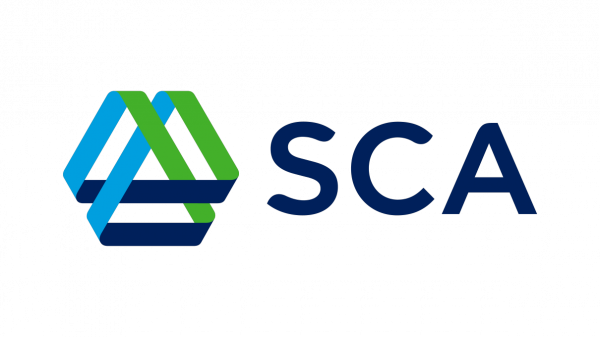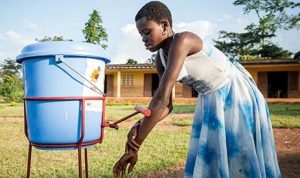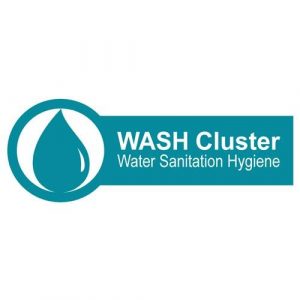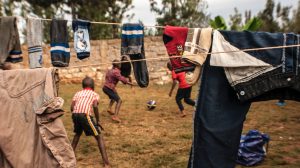Overview
Through its Hygiene Matters initiative, SCA aims to raise awareness of the connection between hygiene, health and well-being among decision makers, experts and the general public around the world. Through regular surveys, reports and events, the initiative contributes to a more knowledge-based public dialogue that drives change and contributes to improved hygiene for people everywhere.
Country(ies) where the intervention is taking place
Various developed/developing including India, China and Mexico.
Lead Organization
Water Supply & Sanitation Collaborative Council (WSSCC).
Who is involved?
SCA, Swedish pulp and paper company.
Objectives
Analysis of Hygiene Behaviors and Practices in a few key countries to identify trends and evidence gaps.
Target markets
Hygiene Products, various.
Scope of intervention
Research.
Which elements of WASH are covered?
Sanitation, Hygiene, Health.
Which elements of the Framework for Business Action on WASH are covered?
Taking action.
Methodology and tools that have been developed or are planned
Since 2014, SCA has partnered with WSSCC to create a common platform for raising awareness about the importance of hygiene and sanitation and challenging taboos surrounding personal hygiene.
Indicators/metrics that have been developed to monitor/track progress
Yearly review of data
Through its Hygiene Matters initiative, SCA aims to raise awareness of the connection between hygiene, health and well-being among decision makers, experts and the general public around the world. Through regular surveys, reports and events, the initiative contributes to a more knowledge-based public dialog that drives change and contributes to improved hygiene for people everywhere.
12 countries surveyed: China, France, Germany, India, Italy, Mexico, Russia, Spain, Sweden, The Netherlands, United Kingdom and United States.
The SCA Hygiene Matters Survey 2016/17: The 2016 survey was conducted between May 31 and June 13, 2016 through web panels in 12 different countries, collecting answers from a total of 12,000 respondents. National quotas have been used to obtain accurate representation of age and gender. Questions in the 2016 survey centered on hygiene taboos and stereotypes, hygiene at home, public hygiene, personal hygiene and menstruation and active life. The survey has been planned, monitored and analyzed by consulting firm United Minds and the data has been collected through digital questionnaires with the assistance of survey provider CINT. Access the full results and previous surveys and reports here: www.hygienematters.com
Government partners and/or the local policy environment
The human rights to water and sanitation inextricably include access to hygiene, especially menstrual hygiene. We must break the silence around menstruation that currently affects half the world’s population. Taboos and myths that make menstruation seem impure and polluting, deny women information, safety, comfort and mobility and keep them away from school, work and full participation. I am committed to integrating menstrual hygiene management into national policy and practice setting an example for Africa and a wider arena on this long overdue issue.” Mr. Mansour Faye, Minister of Water and Sanitation, Senegal.
Outcomes, successes and ongoing challenges
Through our training programs, reaching 2,000,000 people annually, we raise knowledge, improve care, and break the silence and taboos that surround hygiene-related areas, such as menstruation and incontinence.
WSSCC and SCA are now working together to:
Develop and share joint research on hygiene practices worldwide.
Provide recommendations for policymakers to ensure hygiene is addressed systematically.
Inspire action and collaboration.
Improve hygiene knowledge and education.
Links to learn more
http://wsscc.org/resources-feed/hygiene-matters-report-2016/
Contact
Emily Deschaine, Partnerships Officer Company – United Nations, Water Supply and Sanitation Collaborative Council (WSSCC).






